This 2018 review discusses the treatment of acne vulgaris, usually known as acne. Comparing acupuncture with conventional drug treatments, for this common, chronic skin condition.
What causes acne?
Researchers believe that four main factors influence acne formation:
- follicular keratinisation, in which cells lining the hair follicles, instead of being shed onto the skin’s surface, clump together and block the follicle
- increased skin sebum production, or a change in the sebum composition, possibly as a result of hormonal influences
- infection with acne causing bacteria, Propionibacterium acnes, which promotes inflammation
- release of immune system compounds that promote and perpetuate inflammation, which causes follicular keratinisation.
There are also several factors that may make acne worse, including:
- hormonal changes associated with menstruation
- certain occupations, such as those who work with mineral oil
- increased sweating
- diet
- stress
Conventional treatment of acne
People with mild acne have usually tried over the counter medicated creams and gels. These usually contain benzoyl peroxide which is an antiseptic, or salicylic acid, which is anti-inflammatory. These aim to reduce sebum production, break down keratin, reduce inflammation and prevent the growth of bacteria. These products may take weeks to months to take effect and can cause itching, burning, or dry and flaky skin.
A GP may prescribe topical benzoyl peroxide products or topical retinoids or antibiotics for mild to moderate acne. Sometimes, the oral contraceptive pill may improve the appearance of acne, but not always, and in some cases it can make acne worse.
Retinoids remove dead cells from the skin surface, but should not be used during pregnancy due to the risk of harm to the baby. It is also necessary to avoid exposure to sunlight whilst using retinoids.
Topical antibiotic treatment aims to eliminate the bacteria that causes acne. However, bacteria can become resistant to these drugs. Topical antibiotics can also cause some nasty side effects including skin peeling, irritation and burning.
For moderate to severe acne, oral medications are available. Oral antibiotics, such as tetracyclines are often used with above topical treatments alongside, or sometimes with oral retinoids. Treatment usually lasts for months. It can also interfere with contraception.
Hormonal treatments are also available, such as co-cyprindiol, but again this treatment can take months before an improvement is seen. As with many hormone treatments it has several side effects, including changes to menstrual blending, sore breasts, and loss of libido. It may also slightly increase the risk of breast cancer in later life.
When the above methods do not help a specialist doctor may prescribe Isotretinoin, also called Roaccutane. This is reserved for the most severe acne cases because it commonly has nasty side effects, including dryness of the skin, eyes, nose and lips, peeling skin, joint pain, dizziness and rashes. In rare cases it can cause inflammation of the liver or pancreas, or kidney disease. Isotretinoin is also unsuitable for use during pregnancy and breastfeeding.
Acupuncture and acne
Acupuncture is a traditional form of Chinese medicine, now used worldwide, due to its high level of safety and efficacy. Acupuncture involves insertion of very fine needles into specific points on the skin.
Most people associate acupuncture with pain relief, yet traditionally this form of medicine is used for a wide range of health problems. In fact, there are several studies that suggest that acupuncture may improve acne to the same extent as conventional medicines.
Researchers suggest that this may be due an ability to reduce sebum production, change hormone levels and decrease inflammation. In fact, in this review of studies comparing acupuncture and conventional treatments, the outcomes were no different. Both forms of medicine provided a similar reduction in the number and severity of comedones, with at least a 30% improvement.
Interestingly, though people having acupuncture did report some side effects, mainly discomfort during the acupuncture session, or bruising or itching after withdrawal of the needle. There were a lot fewer reported side effects with acupuncture than with conventional medicine. Researchers did point out that some of the studies included the review were poorly carried out. A phenomenon I have discussed before, usually involving the difficulty in providing a sham acupuncture treatment.
You might also like my articles:


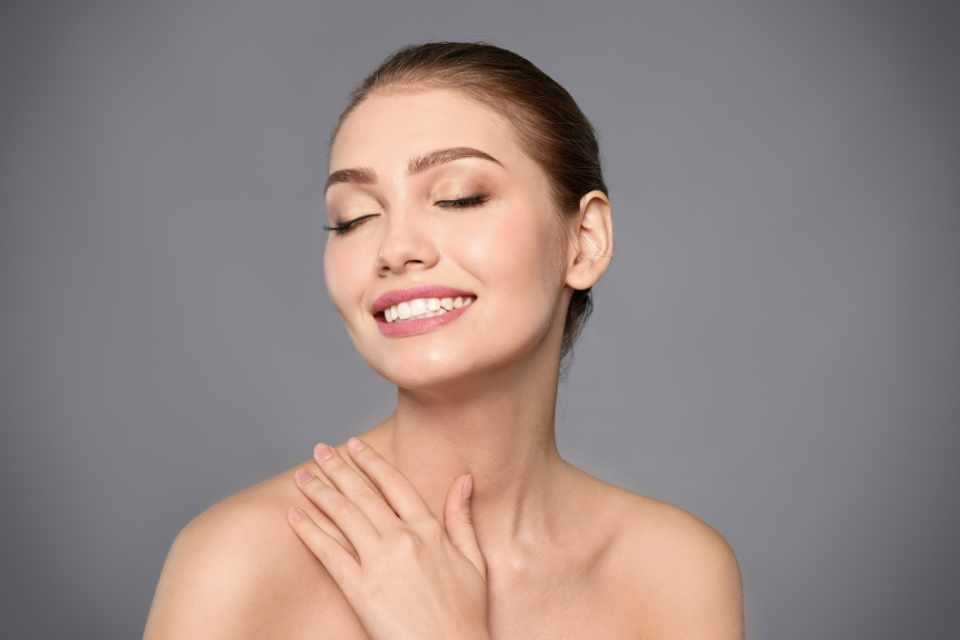
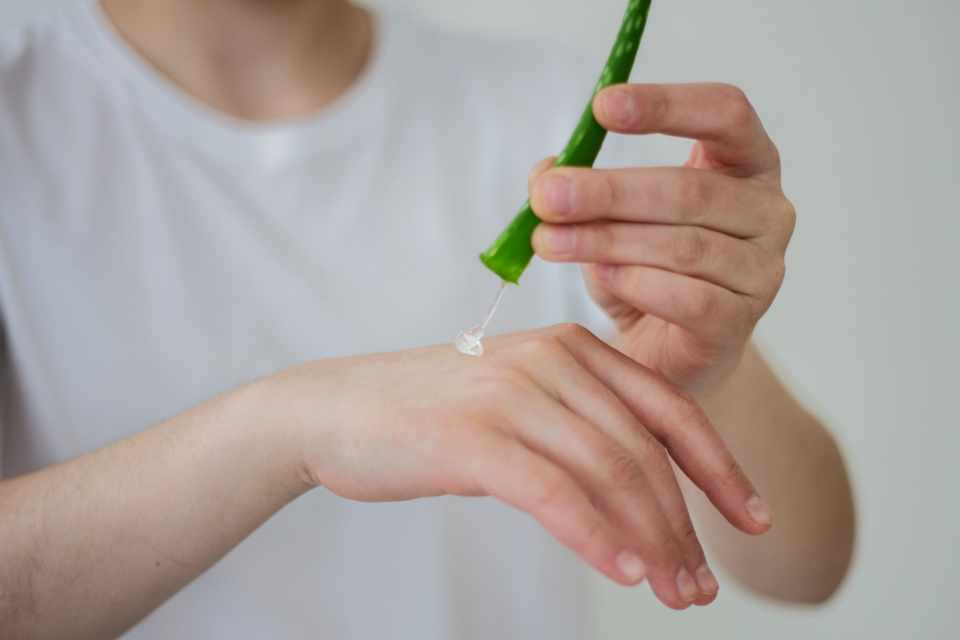
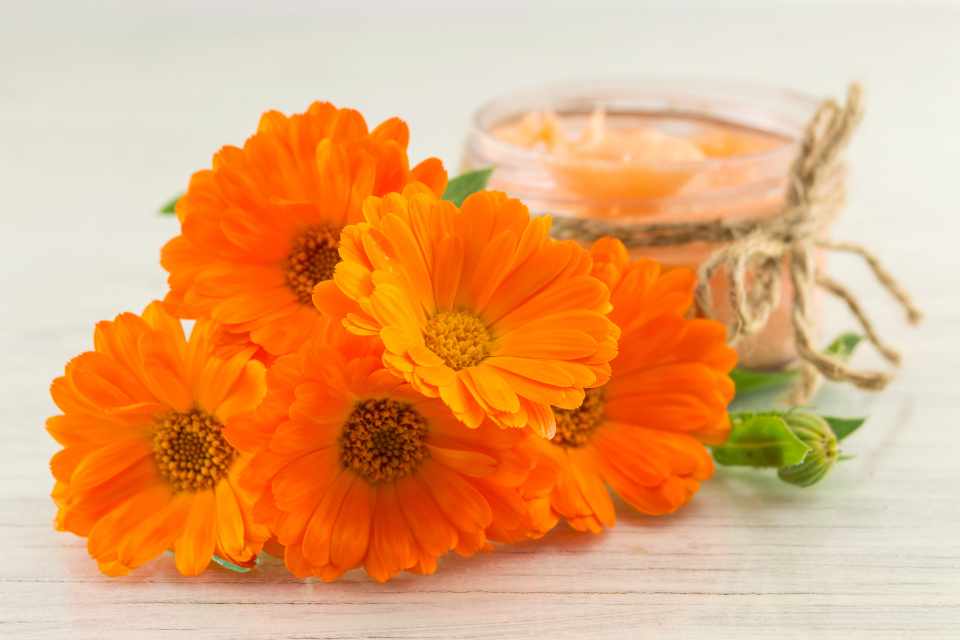
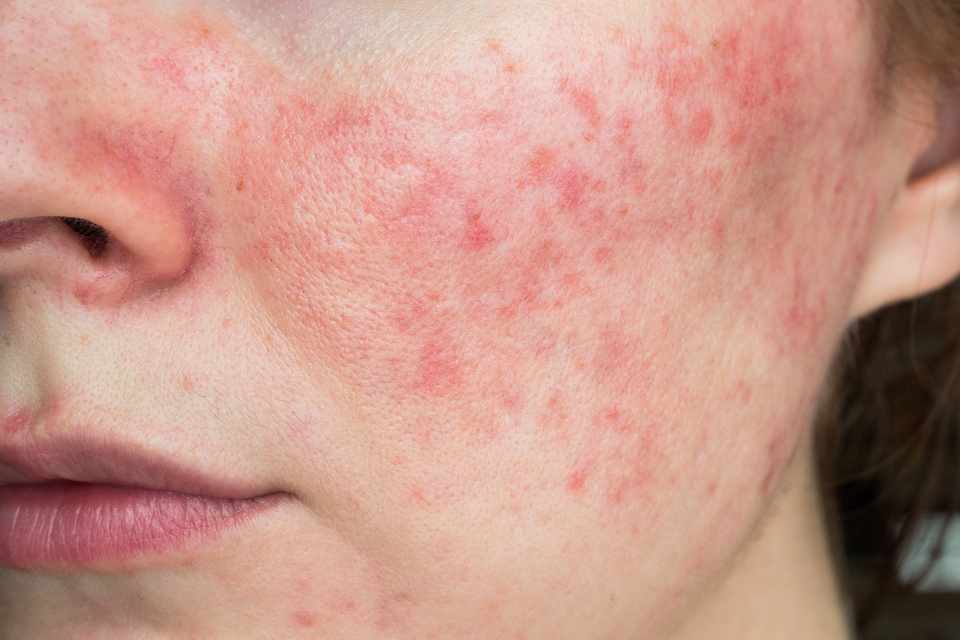

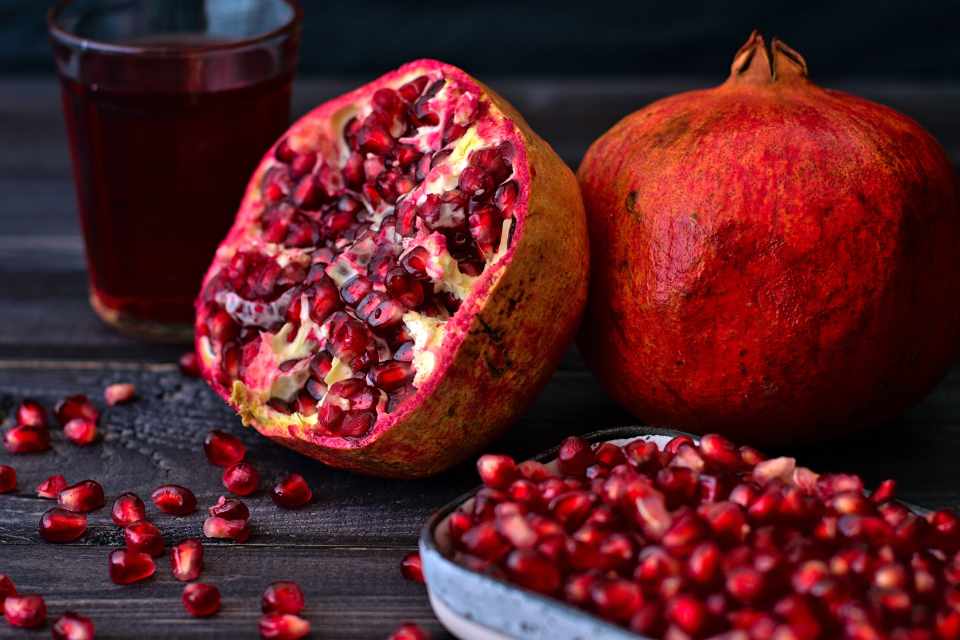
0 Comments